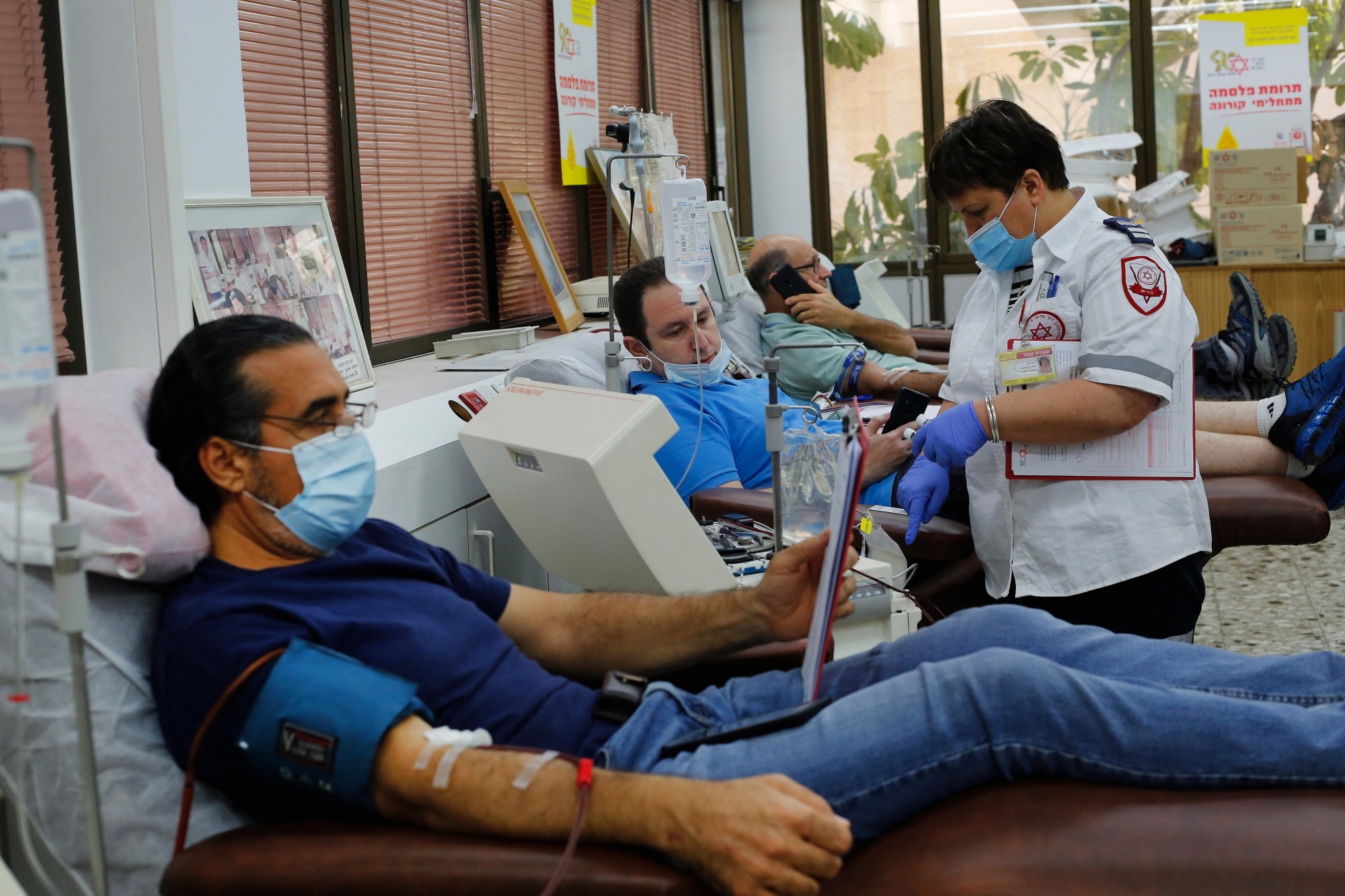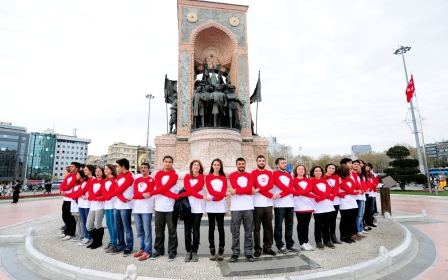Israel to lift restrictions on blood donations for gay, bisexual men

Israel on Thursday announced the removal of decades-old restrictions facing gay and bisexual men seeking to donate blood, following similar moves by Britain and the United States.
"The prohibition on gay men donating blood was a relic of a stereotype that belongs in the past," Health Minister Nitzan Horowitz, himself a gay man, said in a statement.
"Any blood donor seeking to save lives will receive the same treatment, regardless of his gender or sexual orientation," he added.
Many countries across the world impose deferrals or outright bans on blood donations by men who have had sexual relations with other men in the wake of the emergence of HIV and Aids in the 1980s.
But from 1 October, the forms to be filled prior to donating blood will be changed, an Israeli health ministry statement said.
"The clause prohibiting receiving blood from a man who had sexual relations with another man (even a permanent partner) will be cancelled," it said.
Questionnaires will instead include a new clause prohibiting donations from people who "had high-risk sexual relations with a new partner or multiple partners" in the past three months.
Men who have sex with men can currently only donate blood in Israel if over a year has passed since their last sexual encounter. Another option is to have plasma from their blood frozen for four months to ensure the lack of "transmittable diseases", according to Magen David Adom, Israel's national medical first responders which also serves as the country's blood service organisation.
The Association for LGBTQ Equality in Israel praised the decision as a “historic move”.
"The blood of hundreds of thousands of citizens is not second class," the association said in a statement.
A recent health ministry report said that in 2020 there were 361 HIV-positive people in Israel, 5 percent fewer than the previous year.
Israel's policy change follows Britain's decision in June to allow more gay and bisexual men to donate life-saving blood, and a similar move by the United States last year.
Middle East Eye delivers independent and unrivalled coverage and analysis of the Middle East, North Africa and beyond. To learn more about republishing this content and the associated fees, please fill out this form. More about MEE can be found here.





